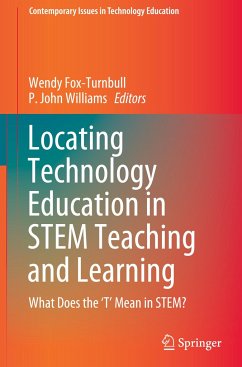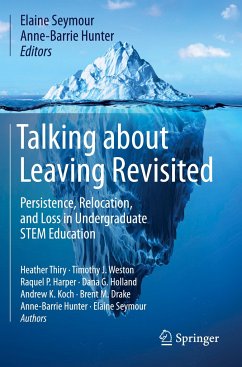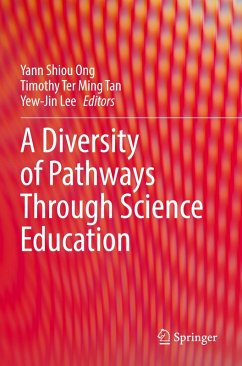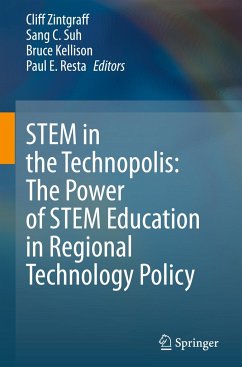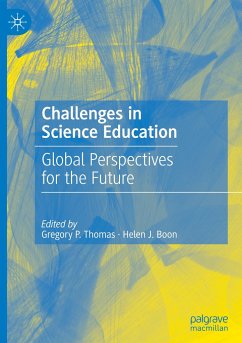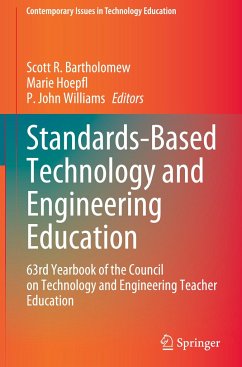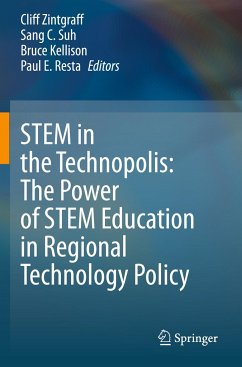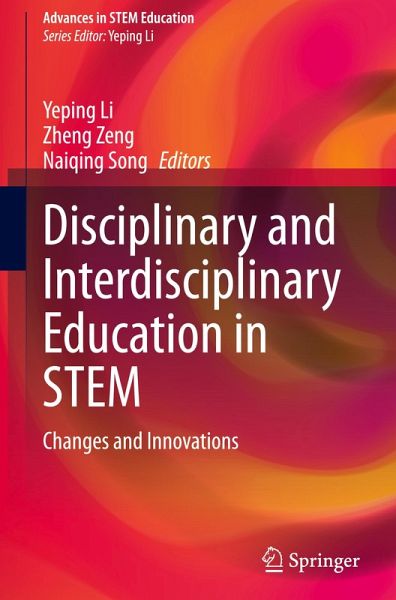
Disciplinary and Interdisciplinary Education in STEM
Changes and Innovations
Herausgegeben: Li, Yeping; Zeng, Zheng; Song, Naiqing

PAYBACK Punkte
65 °P sammeln!
This book provides an international platform for educators from different STEM disciplines to present, discuss, connect, and develop collaborations in two inter-related ways: (1) sharing and discussing changes and innovations in individual discipline-based education in STEM/STEAM, and (2) sharing and discussing the development of interdisciplinary STEM/STEAM education. Possible relationships and connections between individual disciplines (like mathematics or physics) and STEM education remain under explored and the integration of traditionally individual discipline-based education in STEM educ...
This book provides an international platform for educators from different STEM disciplines to present, discuss, connect, and develop collaborations in two inter-related ways: (1) sharing and discussing changes and innovations in individual discipline-based education in STEM/STEAM, and (2) sharing and discussing the development of interdisciplinary STEM/STEAM education. Possible relationships and connections between individual disciplines (like mathematics or physics) and STEM education remain under explored and the integration of traditionally individual discipline-based education in STEM education is far from balanced. Efforts to pursue possible connections among traditionally separated individual disciplines in STEM are not only necessary for the importance of deepening and expanding interdisciplinary research and education in STEM, but also for the ever-increasing need of reflecting on and changing how traditional school subjects (like mathematics or physics) can and should be viewed, taught, and learned. Scholars from eight countries/regions provide diverse perspectives and approaches on changes and innovations in STEM disciplinary and interdisciplinary education. Disciplinary and Interdisciplinary Education in STEM will be a great resource to students and researchers in STEM education as well as STEM curriculum developers and teacher educators internationally.




